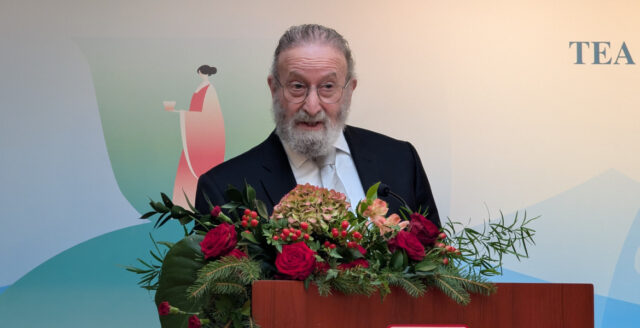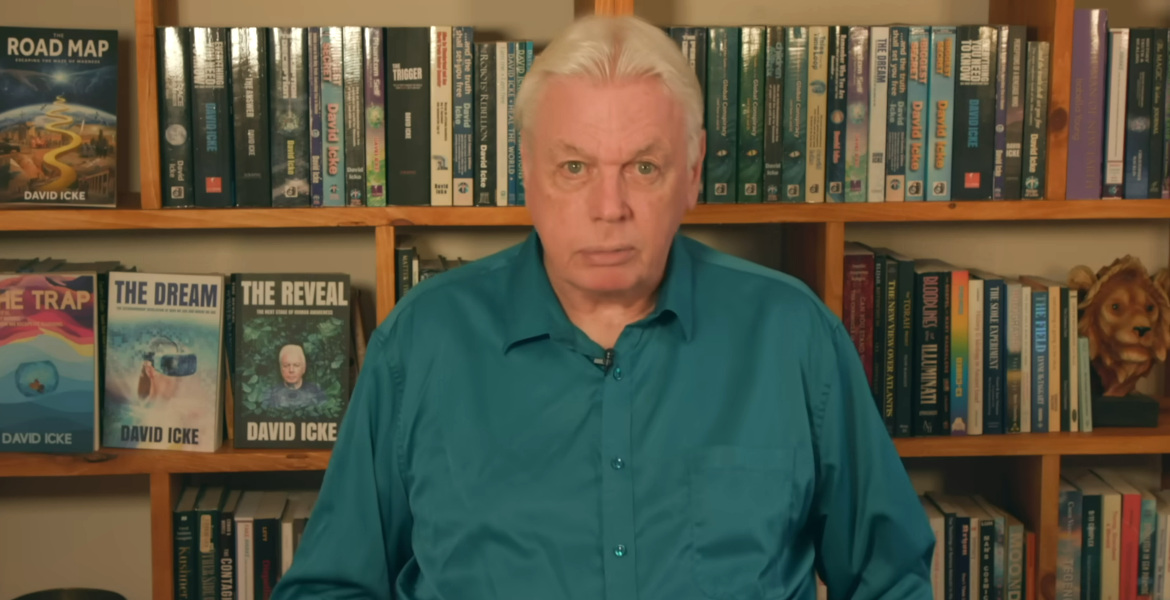Swedish Nick Boström is the relatively unknown profile of the top tier of transhumanist philosophers. He often does not use concrete predictions, but relies on various probability theories to find further insights and possibilities. Boström has been an outspoken transhumanist since the 1990s, when he joined a movement with a utopian view of accelerating technology that was already known to drastically change social, economic, and biological science. How humans will enter the "singularity" was something Boström and his friends in the movement wanted to discuss.
An only child, Nick Boström, born Niklas Boström, grew up in Helsingborg. The Swedish school system never really appealed to Boström, and he struggled through elementary school. In his teens, the dreamy and philosophical young Boström came across some works by Friedrich Nietzsche and Arthur Schopenhauer and began collecting similar texts and books, which he often read in a nearby forest not far from his childhood home. Boström has also said that it was here that he began to develop his own thoughts on life and found inspiration to write poetry and philosophy, and that it was also here that he decided that he had wasted far too much time in his life.
Boström's curiosity and interest in the deeper questions of life and how to live as vigorously as possible grew as he delved deeper into art, literature, and science. Boström pleaded with his parents to allow him to complete his final year of high school by studying at home, which they finally agreed to, working with the school to design a curriculum with special tests for their son. Boström's decision to study at home resulted in him completing the entire year, or two semesters of high school, in just ten weeks.
A few years later, as a graduate student in Stockholm, Boström studied the work of the analytic philosopher W.V. Quine on the difficult relationship between language and reality. During this time, Boström's interest had increasingly shifted from psychology to mathematics and then to theoretical physics. The Internet began to emerge, and Boström realized that the philosophy he had been inspired by was becoming obsolete, leading him to write a poem in 1995 that was a farewell to his former self.
What Boström didn't know at the time was that there were a growing number of people around the world who shared the same thoughts about the disruptive changes the Internet was bringing. Boström made himself known in related circles and met many like-minded people in online discussion groups run by an organization in California called the Extropy Institute. The term extropy was coined in 1967 and is used to describe "the ability of life to reverse the spread of entropy in time and space. Extropianism is described as a libertarian strain of transhumanism that seeks to direct human evolution in the hope of eliminating disease, suffering, and death. Extropians advocated the development of artificial superintelligence to achieve these goals, and envisioned humanity colonizing the universe.
In 1996, Boström continued his studies at the London School of Economics while becoming increasingly active in the Extropy Forum. A year later, he founded his first organization, the World Transhumanist Association, and began promoting transhumanist values, including giving interviews to the BBC. The line between Boström's academic work and activism began to blur.
AI, futurism, and death
Nick Boström is a frequent speaker on the topic of "superintelligence", often highlighting the potential consequences of true artificial intelligence. Boström argues that AI could pose dangers that surpass all previous technological threats, including nuclear weapons, and that humanity risks extinction if developments are not carefully managed and monitored. Central to these concerns is that AI could quickly overtake and exceed the intellectual potential of humans if it achieves the ability to evolve and improve itself. Boström compares humans to gorillas in this regard; both are primates, with one species dominating the planet while the other remains on the fringes.
"Faced with the prospect of an intelligence explosion, we humans are like little children playing with a bomb. We have little idea when the detonation will occur, but if we put the device to our ear, we can hear a faint ticking sound", he writes in his book Superintelligence: Paths, Dangers, Strategies.
Among the famous names who claim to have been inspired by Boström's work are entrepreneur Elon Musk and globalist Bill Gates. Futurist and millionaire James Martin also financially supports Nick Bostrom's Future of Humanity Institute. The institute has a philosophical basis, and among the grants awarded are studies of a "dark fire scenario" - a cosmic event that could occur under certain high-energy conditions that would mutate everyday matter into dark matter, which could further obliterate most of what we call the universe. Here, even issues such as intergalactic machine intelligence, supported by a large number of probes, have a more ethical future than a cosmic empire with millions of digital brains.
The struggle to overcome death is a recurring theme in the hundreds of articles Boström has published over the years. In 2008, Boström wrote an essay as a call to action from a future utopia.
"Death is not an individual, but a mass murderer. Take aim at the causes of early death - infection, violence, malnutrition, heart attack, cancer. Point your biggest gun at aging and shoot. You must harness the biochemical processes in your body to overcome disease and aging. In time, you will discover ways to shift your mind to more sustainable mediums", Boström writes.
Boström himself argues that the future can be studied with the same rigor as the past, although the conclusions will be markedly different. As an analogy, he says that it may be difficult to say where a traveler will be in an hour, but after five hours one can be reasonably sure that the traveler has hopefully reached his destination. Similarly, Boström says that the long-term future of humanity is relatively easy to predict, but it is more difficult to calculate exactly when the major technological breakthroughs will actually occur.

Nick Boström is a professor at Oxford University and founder of the Future of Humanity Institute. He has a background in philosophy, theoretical physics, computational neuroscience, logic and artificial intelligence. His book "Superintelligence: The Age of Thinking Machines" is a New York Times bestseller.
Boström has been listed on Foreign Policy's top 100 "Global Thinkers" twice.








